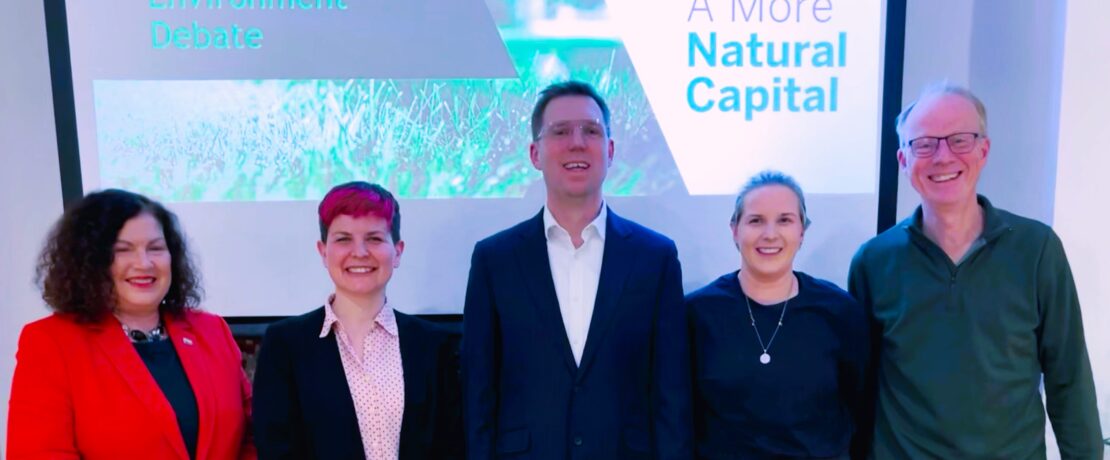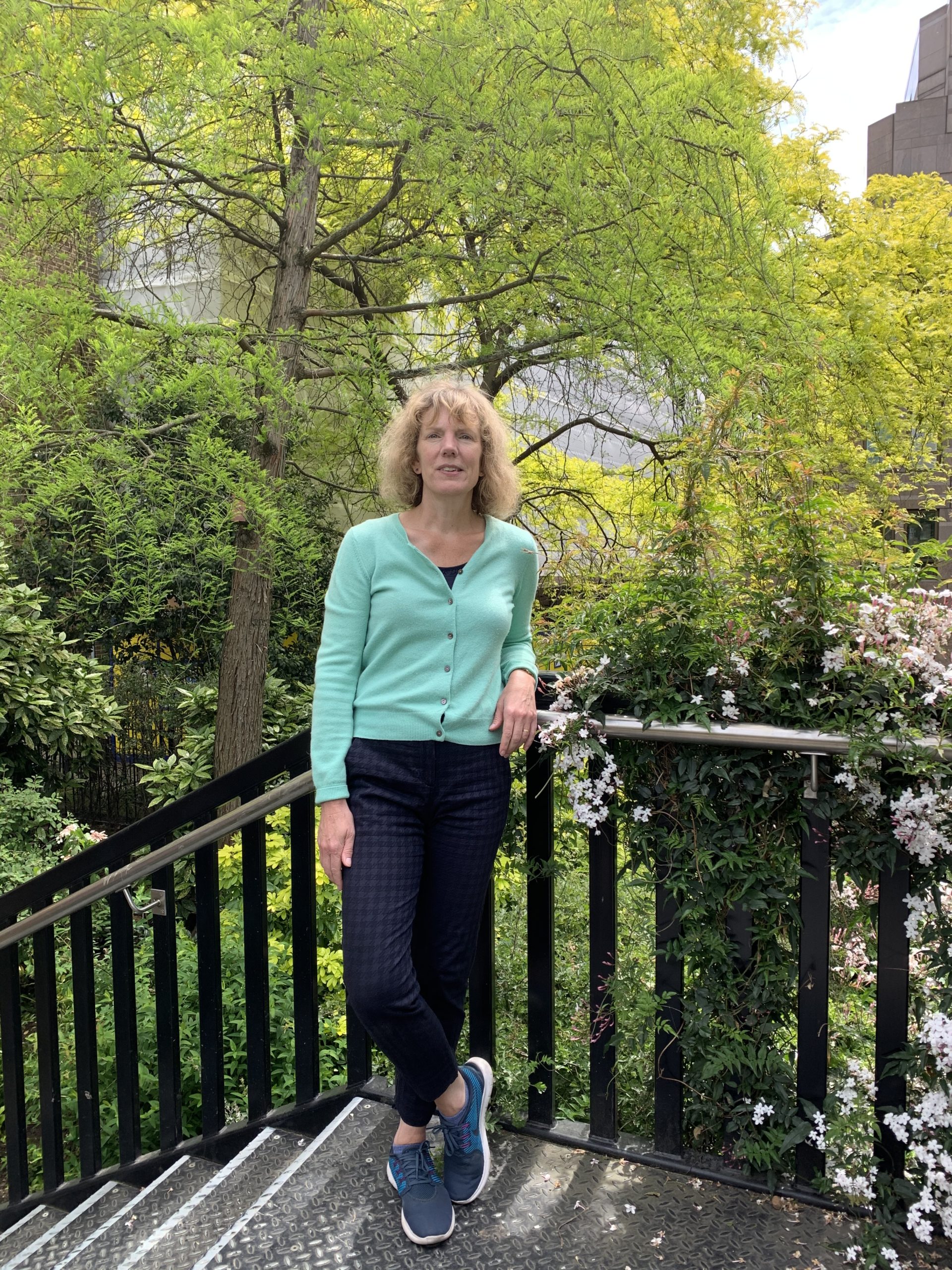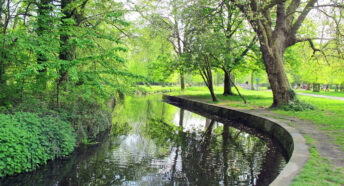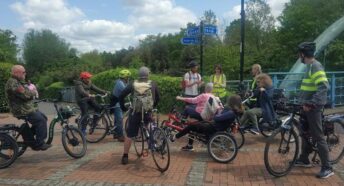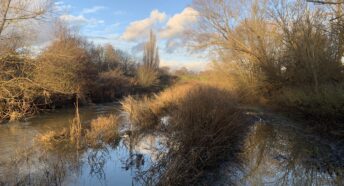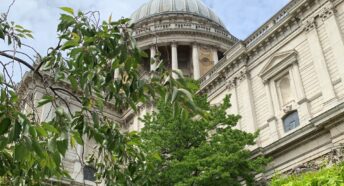Mayoral hopefuls questioned on threats to London environment
Candidates for London’s mayoral election in May were put through their paces in front of an invited audience at CPRE London in late March.
The mayoral hopefuls, or their representatives, answered questions on wide-ranging environmental issues, from protecting the green belt, to low traffic neighbourhoods, and mitigating London’s flood risk.
The debate, which attracted more than 200 on- and off-line participants, was arranged through the More Natural Capital coalition, which brings together 20 organisations concerned with nature and green spaces across the capital. It was chaired by CPRE London Chair Tony Burton.
The speakers were
- Leonie Cooper – Labour GLA Environment Committee member on behalf of Sadiq Khan
- Zoe Garbett – Green Party London Mayoral candidate
- Rob Blackie – Liberal Democrat London Mayoral candidate
- Emma Best – Conservative GLA Environment Committee member on behalf of Susan Hall
Among key policies outlined at the event:
- All candidates underlined their support for action on the city’s waterways. Labour said it would be a top priority for their next term and called for more regulatory teeth for Ofwat. Conservatives identified the need for improved infrastructure. Lib Dems and Greens planned to exert more pressure on the water companies to safeguard rivers.
- Access to green spaces was seen as critical for health and wellbeing. The Lib Dems planned to close the gap in access to green spaces between inner and outer London, Conservatives were supportive of improvements to walking routes, and the Greens stated their support for CPRE London’s manifesto to create at least ten new parks for the capital. Labour planned to extend their nature recovery strategy as well as plant more trees.
- On Low Traffic Neighbourhoods, there was a level of accord, with Conservatives agreeing ‘in principle’ that they can work well, but should be discontinued if they cause congestion in neighbouring areas. Labour stated that they remain a powerful tool to improve the city, with evidence showing their value, when properly planned. Lib Dems and Greens again supported the principle, but wanted to make sure they worked fairly and gave appropriate attention to bus routes and strategies for main roads.
- increased food growing in the capital should be on the cards, as all candidates envisaged this being important for the future. Lib Dems planned to tackle waiting lists for allotments by releasing plots of low diversity grassland, while Labour pointed to its track record of funding projects through its Grow Back Greener campaign. Conservatives identified outer “rural London” as offering spaces to grow more food to help make London more self-sustainable, and Greens aim to make opportunities for growing food as accessible to people as possible.
- Greens looked to “gold plate the Green Belt” looking beyond safeguarding it to opportunities additionally to increase biodiversity and its value for nature. Protecting the Green belt was also a priority for the Conservatives. Labour pointed to the London Plan and said there would be ‘no watering down’ of existing protections. Lib Dems see the Green Belt as important especially where land was already given over to nature but were less clear on whether they would protect and enhance sites not already of clear environmental value.
- Other topics included mitigating flood risks through resisting loss of gardens, ambitions for net zero, tree planting and traffic management. All candidates agreed that working with schools and educating children on the importance of nature were key for the future.
The Mayoral Elections will be held on 2nd May 2024. Do take this opportunity to cast your vote for this critical role for London’s environment. Don’t forget to take photo ID!
Watch the full debate here here.
